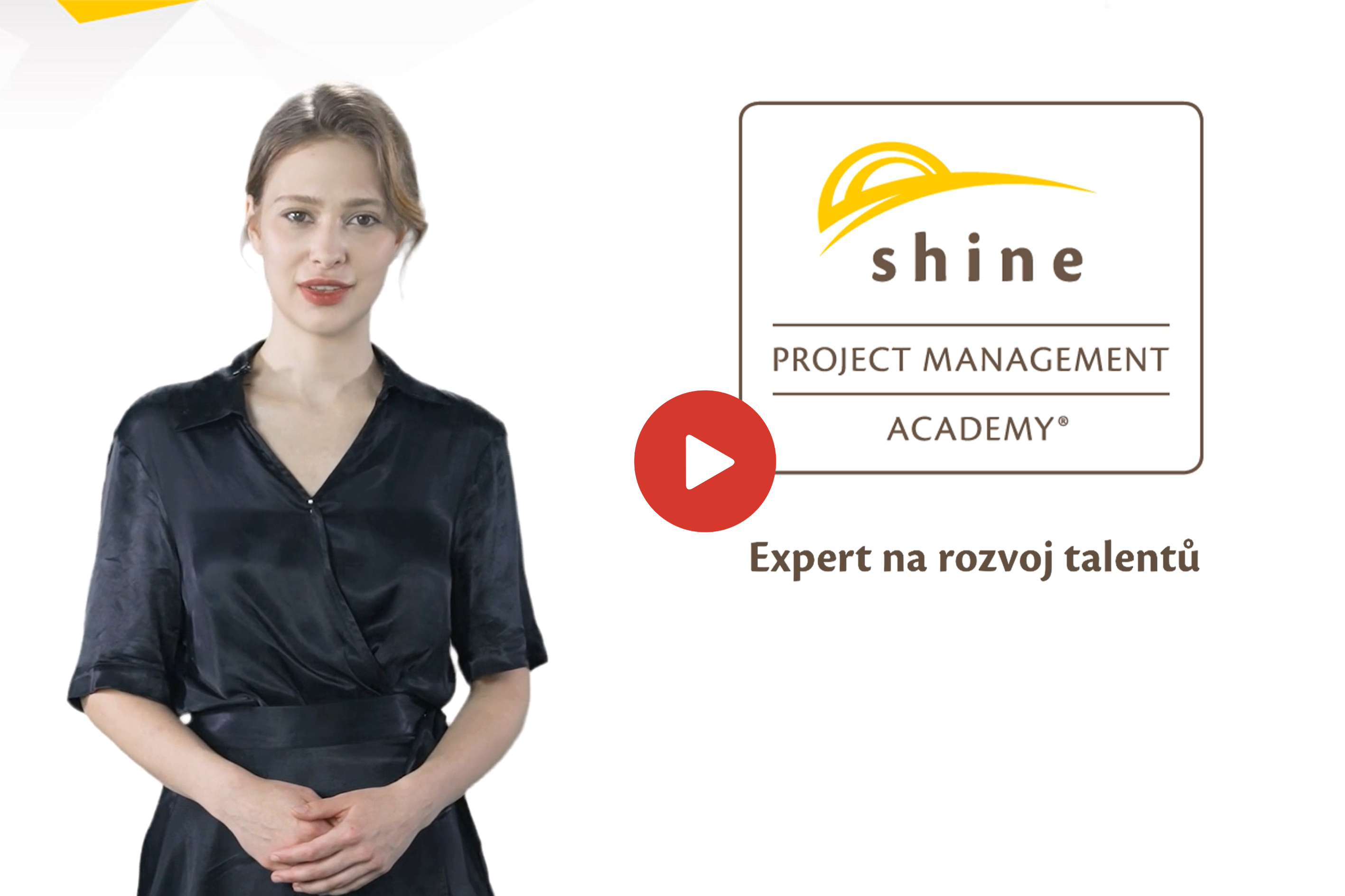All of us have experienced a situation where we find out in a meeting that a colleague didn't do their work on time or wasn't prepared for the meeting. Instead of responding, most of us remain silent because we know that any correction of the situation can often lead to problems rather than real improvement. But what if there was a way to break this cycle?
 At both Netflix and SHINE Consulting, we do things differently.
At both Netflix and SHINE Consulting, we do things differently.
In the book The No Rules Rule, the authors describe how the negative influence of one "rotten apple" can slow down an entire team. Netflix's experience confirms that a quality team will improve if we focus on ensuring high quality in every position. This is the key to success.
"Assholes, slackers, nice people delivering mediocre performance and pessimists will degrade the performance of all team members." This sentence can be found on page 31 of that book.
Why quality people are the key to success
In 2001, after laying off a third of its staff, Netflix found that the remaining 80 people could handle the work of the original 120. In fact, there was an increased concentration of talent. And that's the key to success.
Learn how to become an expert in developing your own talent in this short video:
Behavioural research confirms Netflix's experience. They say that the rotten apple in the fruit crate rule does indeed apply. Long before the individual conforms to the majority, the opposite occurs. It only takes one incompetent person to completely dismantle a previously functioning team. People are dealing with the impact of this person instead of the tasks, his outputs have to be reworked and someone has to help him all the time.
In our company we use a similar approach. Quality people need a minimum of control or complex rules. Because of their abilities, they make fewer mistakes and welcome feedback as an opportunity for growth.

Solutions for simplicity and innovation
For effective innovation and work in the company, I recommend 3 techniques:
1. Recognising people's natural talents - we have found the Talent Dynamics typology, which divides people into 4 basic categories, easy to use:
- DYNAMO - those who are good at inventing new things,
- BLAZE - those who communicate well with others,
- TEMPO - those who are practical and know how to finish things,
- STEEL - those who can analyze and pay attention to details.
Our tip: It is crucial to learn how to work effectively with people's talents and how to communicate with different types of people. You can literally become Talent Development Expert.
2. Repeated feedback in the team - at Netflix and here, feedback is a regular tool for improvement. The following guidelines are used for frequent feedback at Netflix:
- Aim to assist with feedback - it must be clear exactly what the issue is.
- Suggest action (Actionable) - suggestions for improvement should be given.
- Appreciate (Appreciate) - it is important to accept criticism calmly and not take it personally.
- Accept or discard - just take something away from it for yourself.
Our tip: Give the people around you space for feedback, but make sure it is constructive and non-injurious.
3. Creating Public Commitment in Teams - Knowing the innate talents of individuals is key to effective task allocation. This allows us to know which tasks to assign to whom and also how to assign them. The following principles have worked well for us:
- Public announcement of commitments - at team meetings, each team member will publicly announce their commitments.
- Commitment recording and tracking - commitments are written down and then reviewed in regular weekly meetings. For this we use our internal MOTIV-ACE rules system.
- Meaning, Autonomy and Mastery - for commitments we make sure they have a clear MEANING (why something is being done), everyone has the necessary AUTONOMY (space and resources) to fulfill them and experience feelings of MASTERY (commitments should be based on individual talents).
Our tip: Commitments announced in front of others carry much more weight than tasks assigned anonymously in an IT application.
Motivation in the digital age
In the era of artificial intelligence and automation, it is crucial to motivate people in a different way than before. Fair remuneration must be based on results and innovation, not purely on hourly pay. This approach encourages entrepreneurship and teamwork.
Conclusion
If you use the above techniques, you will find that you don't need any complicated rules. The system will naturally remove the "rotten apples" and the team will become stronger. Surround yourself with quality people and set the environment so that it's clear who belongs on the team and who doesn't. Work with companies that have a good company culture - their positive energy will influence you. Get rid of unnecessary bureaucracy, egalitarianism and an environment where only irrelevant details are dealt with. Stop overloading capable people and look not for culprits but for ways to improve. That way you will be much better able to cope with change.
Author: Josef Hajkr, SHINE Consulting

